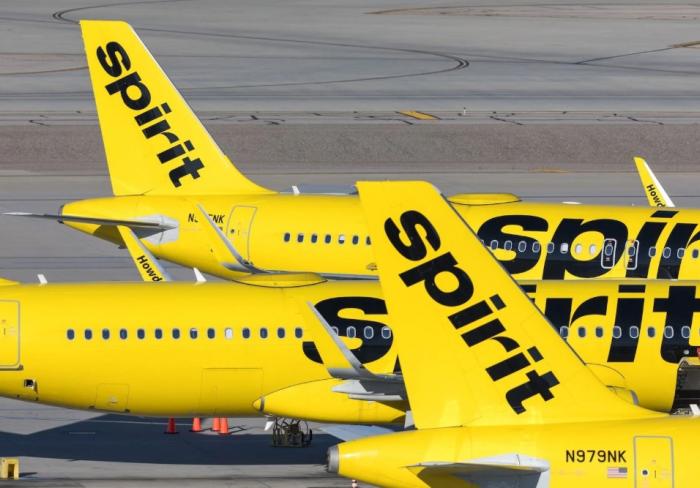A press release put out by the Dominican Republic’s Tourism Department points out that the Caribbean nation’s seven largest hotel chains are willing to pour cash into Bahia de las Aguilas, in the southeastern portion of the country.
The communiqué does not mention what hotel chains will be interested in engaging in the investment process, yet it warns “a thorough study will be carried out in order to determine the feasibility of future tourism investments.” With that view in mind, officials from the country’s Department of Environmental Protection will designate a blue-ribbon panel to join the special research team.
Travel destinations in the Mexican Caribbean, like Cancun and Playa del Carmen, could see their hotel occupancy rates climb up to as much as 90 percent, a new record high for the oncoming wintertime season.
Dario Flota Ocampo, tourism undersecretary in the state of Quintana Roo –where most of these destinations are located- said the region is expecting to reap as many as $400 million during the winter travel season that stretches from December 15 through March 2005.
Thomas Cook, Germany’s second largest tour operator, is estimating a 3 percent hike in sales by the end of this year, a situation that moves it back in the black after a tough period of time that marred its good going, said Thomas Cook’s President Wolfgang Beeser.
By 2005, the Cologne-based company hopes to further beef up its stance and start reaping profits for the first time in two years. In addition, Thomas Cook will implement numerous benefits for customers, including the unveiling of its own Internet portal.
After a long drought that stretched for several years as a result of profound economic hardships, Costa Rican tourism is beginning to rebound.
Tourism Minister Rodrigo Castro explained this recovery stems from the country’s ability to offer a broader assortment of tourist products and offers.
Tourism Ministers from Iberian-American nations held a two-day meeting in Costa Rica and agreed to call on their governments to tackle the need of earmarking more budget money for training and education of tourism employees during the upcoming Iberian American Summit in that Central American nation.
Costa Rican Minister Rodrigo Castro said all countries in the region support the implementation of a harmonic sustainable development project that can generate wealth for all. "But that requires more investment cash," he added.
A revolving fund of approximately 2.8 million euros will be at the beck and call of African, Caribbean and Pacific nations for the implementation of tourism development projects within the framework of PROINVEST, an initiative wielded by the European Union through the European Investment Bank.
Members of the European Commission gave details about the new plan during the Meeting of Tourism Investment Associations and Opportunities that took place at the Ritz Carlton Hotel in Montego Bay, Jamaica. An initial grant of 110 million euros was already allotted for this EU-sponsored program that has prompted partners from elsewhere to jump on the bandwagon.










